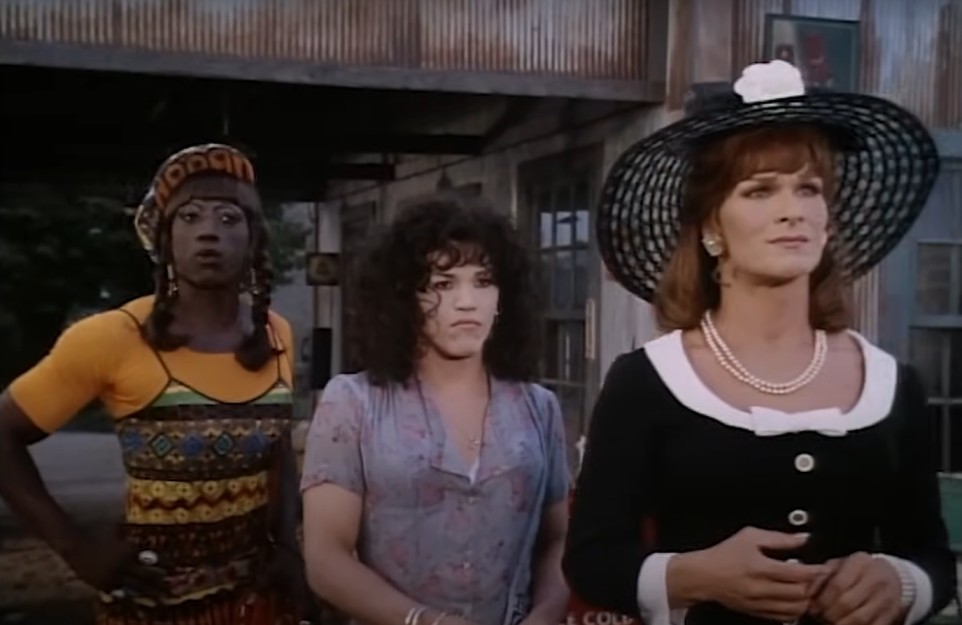
When it comes to films that dared to step into uncharted territory, To Wong Foo, Thanks for Everything! Julie Newmar is one that stands tall in the spotlight of cinematic risk-taking. The 1995 comedy, directed by Beeban Kidron, is a vibrant story of three New York City drag performers – played by Patrick Swayze, Wesley Snipes, and John Leguizamo – who embark on a road trip to Los Angeles, only to find themselves stranded in a small town. What makes the film unforgettable, however, is not just its colorful costumes and drag queen antics, but the groundbreaking performances of its straight male stars portraying characters usually confined to the LGBTQ+ community.
RELATED: Jujubee Spills the Tea on OUTtv’s ‘Drag House Rules’
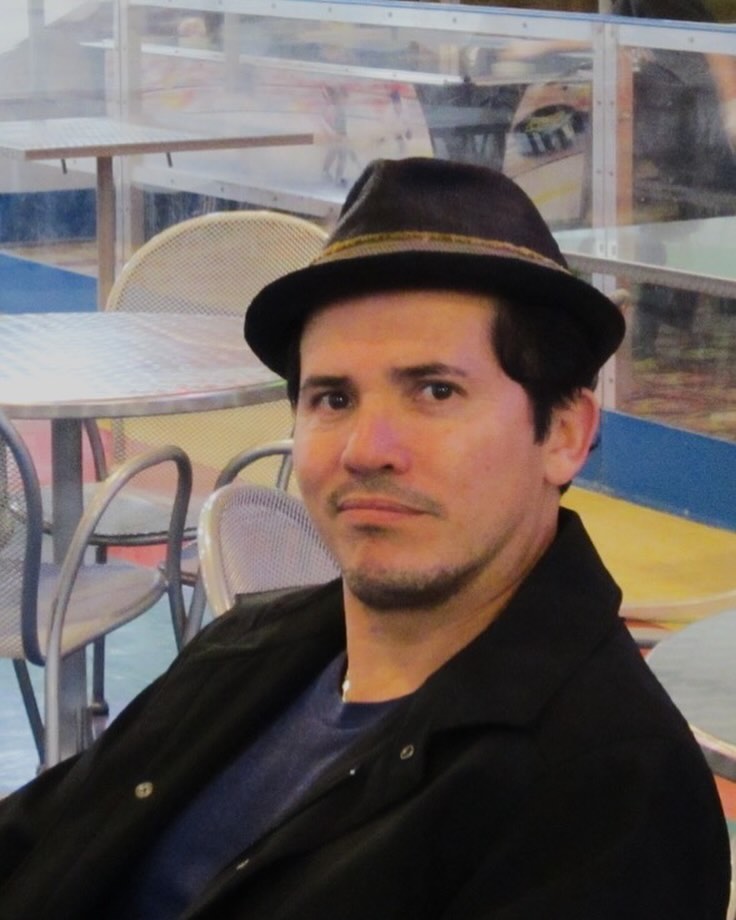
Now, almost 30 years later, John Leguizamo is taking a moment to reflect on the sheer audacity and beauty of the film, especially the roles taken on by his co-stars, Patrick Swayze and Wesley Snipes. According to Leguizamo, the film was not just a comedy—it was an act of bravery.
“It was very groundbreaking because straight men were not playing those roles,” Leguizamo said in a recent interview with Entertainment Weekly. “They just wouldn’t; movie stars wouldn’t do that because it would wreck their careers.”
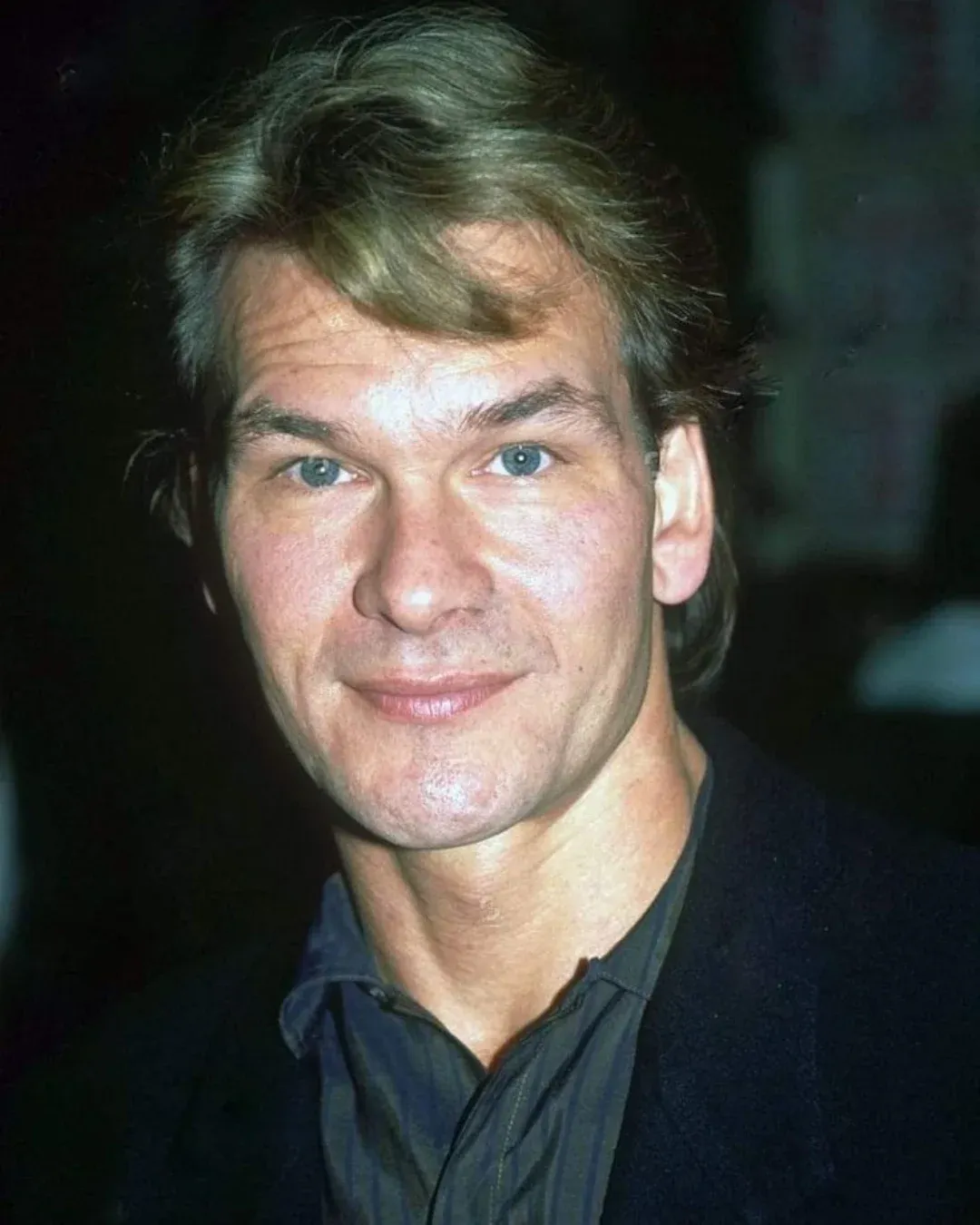
That’s right. At the time, both Swayze and Snipes were at the height of their careers. Swayze, who had already cemented his place as a romantic lead in films like Dirty Dancing, and Snipes, fresh off a string of successful action films like Demolition Man and Blade, took a massive leap into uncharted waters. Drag queens in Hollywood were typically played by actors who identified with the LGBTQ+ community. So for these straight actors to take on such roles was, as Leguizamo describes, “a brave move and a beautiful move, a bold move.”
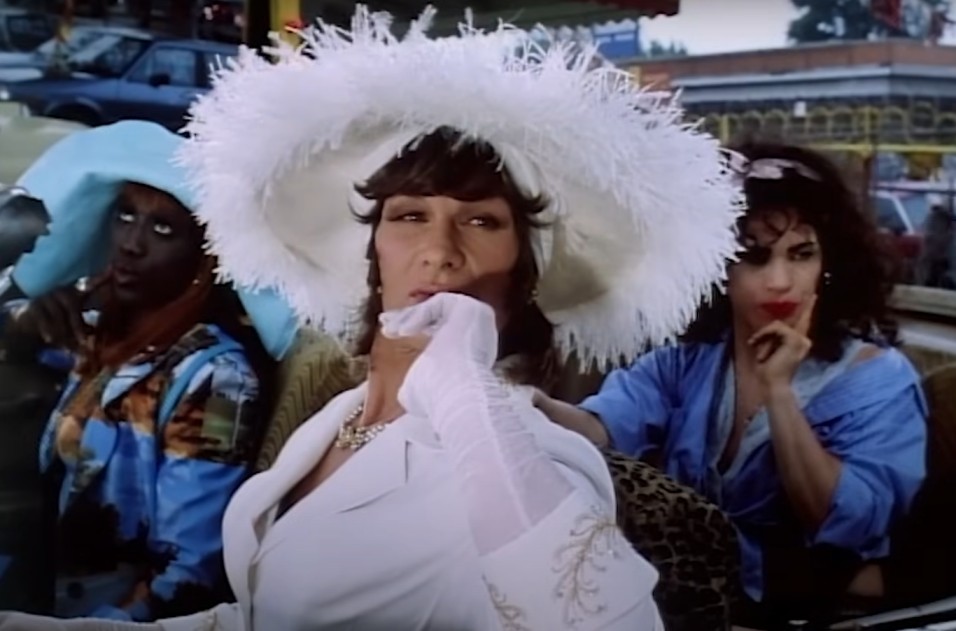
And let’s not forget that Leguizamo himself was in a different position—he was an up-and-coming star, so he didn’t have as much to lose. But still, the chemistry between the trio shines through the challenges they faced, and it’s a testament to their professionalism that the film remains so beloved.
While To Wong Foo may have received a mixed reception at the box office, its legacy has only grown stronger with time. Leguizamo, Swayze, and Snipes were widely praised for their performances, and in 1996, both Swayze and Leguizamo received Golden Globe nominations for their roles. But, behind the scenes, there was a bit more drama. Leguizamo has openly discussed how the filming process wasn’t always smooth sailing, especially when it came to his improvisational style, which didn’t always gel with Swayze’s more structured approach.
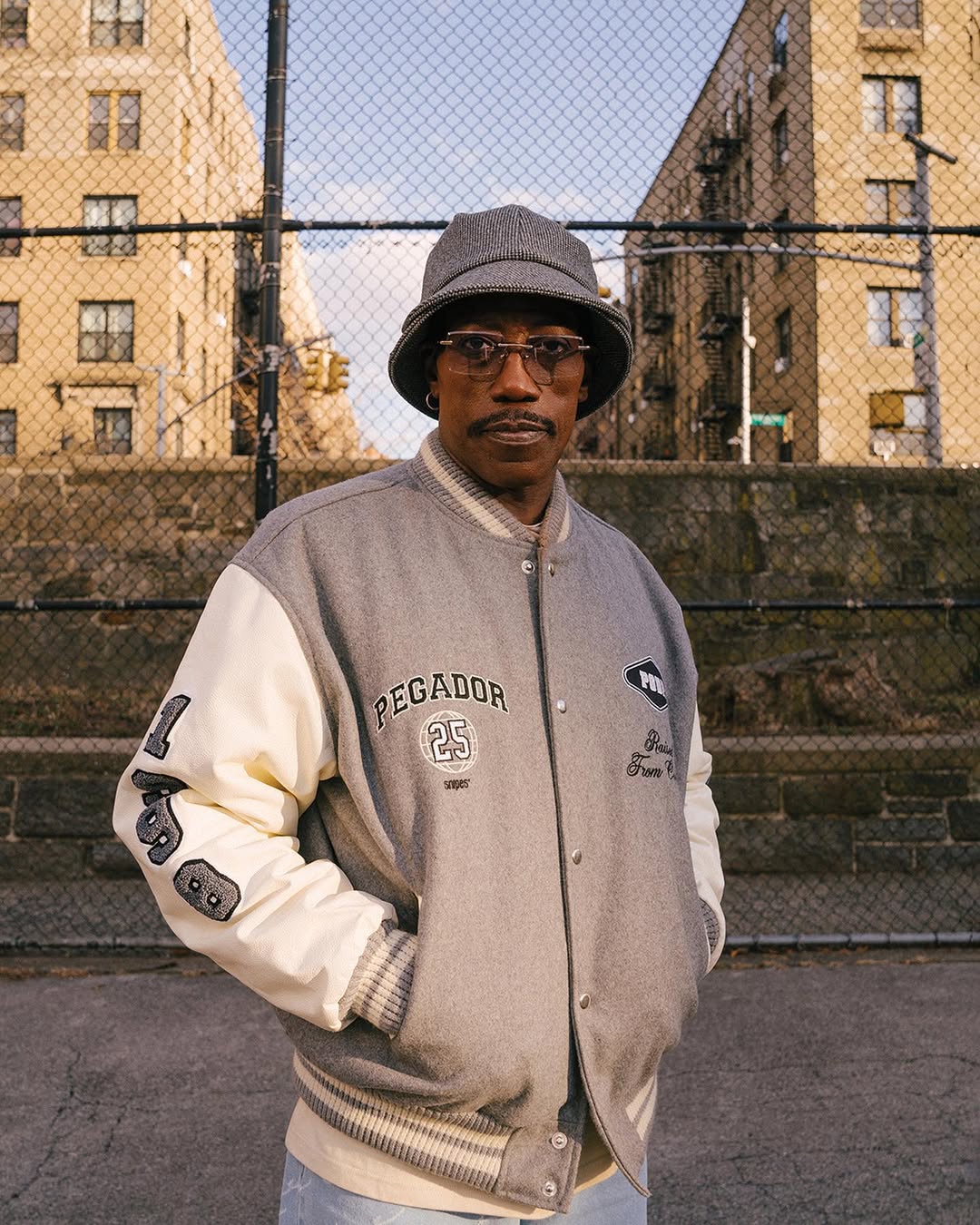
In a conversation with Andy Cohen last year, Leguizamo shared how his and Snipes’ shared cultural background made it easier for them to bond, and how Swayze’s frustration with his ad-libbing often led to tension. “Wesley and I, we vibed because, you know, we’re people of color and we got each other,” Leguizamo said. “I’m also an improviser, and [Swayze] didn’t like that… He’d be like, ‘Are you gonna say a line like that?’ I’d go, ‘You know me. I’m gonna do me. I’m gonna just keep making up lines.’”
But no matter the behind-the-scenes tension, the film’s enduring charm is undeniable. Leguizamo even acknowledges that To Wong Foo still resonates nearly three decades after its release, particularly in light of current political and social climates.
RELATED: Lady Camden Talks Documentary Film ‘Lady Like,’ Drag Journey, & More
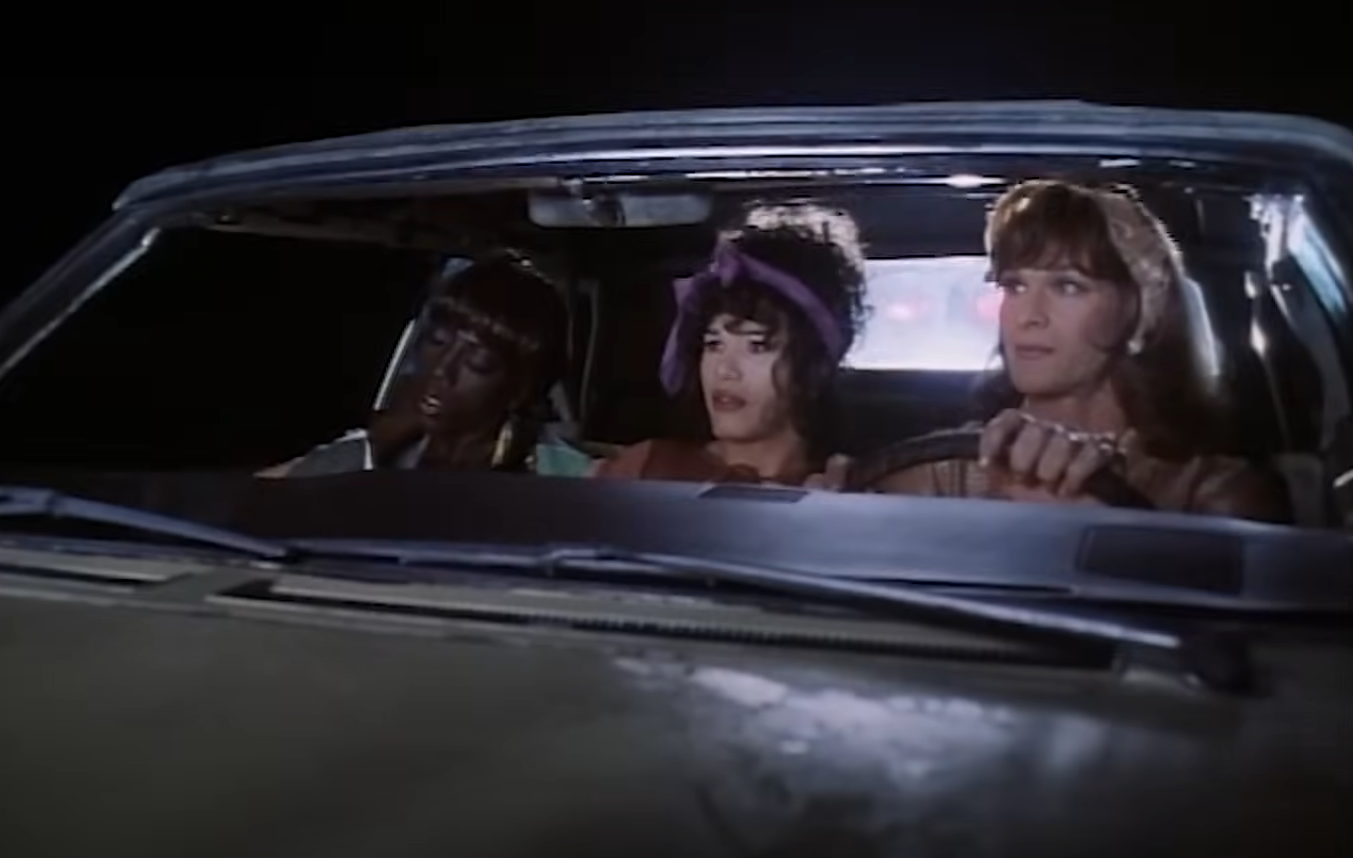
In recent years, certain political figures have made it their mission to attack drag performances, calling them “adult entertainment” and attempting to push restrictive laws against them. And the ongoing struggles for transgender rights in America have made the film’s message of inclusivity more relevant than ever.
“It was about inclusivity,” Leguizamo said, reflecting on the film’s themes. “It was about respecting others. It was about respecting transgender people. It was about respecting the LGBTQ+ community, and it was dignifying them all.” In light of the increasing hate against the transgender community and the absurd discourse surrounding transgender athletes, Leguizamo doesn’t mince words: “This hate against transgender people is so ridiculous… Relax people; just let them be and respect them.”
To Wong Foo may have been a groundbreaking film in 1995, but its message of acceptance, respect, and embracing individuality still resonates today. And maybe, just maybe, we could use a little more of that bold bravery in our own lives.
Let’s raise a glass (or a feathered boa) to these trailblazing actors and the unforgettable characters they brought to life. Because, as we learned from To Wong Foo, sometimes the most daring moves are the ones that change the world.
Source: People


I first saw this movie in 1998 – I was a scared, emotionally tormented, & naive 16yr old boy who was being homeschooled by extremely conservative & deeply faithful Holiness Pentecostal Parents. In a very backward tiny little east Texas Town.
It was actually my completely straight absolutely “normal” best friend who insisted I see it & he even went so far as to watch it with me.
The first chance we get to see Vida’s heart; when she’s attempting to convince Noxeema they should embrace & mentor the newbie ChiChi; my friend softly said to me, with absolutely nothing but respect & kindness, “Swayze reminds me so much of you!”
This made me really pay attention! Every single nerve in my body was on panic & shock mode! The themes, elements, & diversified identities portrayed in this film were TOTALLY foreign & unknown to me. I had no clue what gay, drag, & especially trans even referred to!
The following summer I used a VHS copy of this movie as a way of approaching this topic with my cousins in Detroit suburbs in Michigan. Three of the sixteen were supportive, open minded, & offered unconditional love: the others gave the expected response our devoutly Pentecostal Parents would want us to have.
I’m be of the three who showed me support went even further. She was 14 yrs older than me & I already adored her; but she became a sort of guiding light & to me an angel when she showed me “Hairspray” & she pointed out Divine & made sure I understood that was a DRAG QUEEN. She also filled me in on who the former pageant winner that started “Too Wong Fo” even was: Rupaul.
She & my other faithfully supportive cousin schooled me on her growing fame & groundbreaking success. The second even took me to Barnes & Noble bookstore & helped me find (even paid for) the biographical “Letting it All Hang Out – Rupaul”.
All of these revelations completely altered my universe & presented me with options for the trajectory of my life.
I enjoyed a 9 year career as a drag performer myself. Something that was very fulfilling & deeply gratifying for me; remaining some of the happiest moments of my life to date!
I defied all the biblical concepts & teachings that were most important to every member on both sides of my family: mom & dad’s both; finally allowing myself to pursue my own peace of mind & the ultimate personal validation at age 35. I began the process of transitioning from male to female!
It has been a very long & painful; even sometimes lonely journey. There were even moments when I contemplated ending my own life, but through all of the ups & downs: I have kept the essence of Vida tightly in my mind. Striving to show love, sincerity, compassion, encouragement, authenticity & ALWAYS beauty as purely & shamelessly as I saw it from these beautiful portrayals of Swayze, Snipes, & Leguizamo, back when I was that frightened 16 yr old!
Just last week I had the most unbelievable experience of accomplishment as my roommate & current best friend & I returned from picking up takeout: I saw myself reflected in the glass of our front door & was moved to tears – ones of joy & fulfillment!!!
I was startled but more so I was THRILLED when I inspected that reflection on that door….
My heart nearly bursting with pride & accomplishment as I came face to face with the reality that I had authentically & successfully become the real life version of the lady I had dreamed & longed so to be since childhood!!!
I believe this Movie is greatly responsible for giving me the opportunity to know which way to go & for inspiring me to believe it was possible for a sad scared little “boy in a dress” to ever achieve & enjoy true genuine beauty; both physically & spiritually!
*Too Wong Fo, Thanks for Everything!” – Jacki Raye💋